Program for Academic Clinician Educators (PACE)
The Program for Academic Clinician Educators (PACE) was created by the CU Anschutz Department of Medicine in 2016 to support the career development of clinician-educators. These faculty are essential to the department’s success, driving innovation in educational programs and conducting research to improve how we teach and assess health professions learners.
PACE provides Scholars with financial support that can be used for educational research, program development, salary support, or other career advancement efforts. Division heads or deans must commit to protecting at least 10% of the Scholar’s time throughout the award period. Scholars join a 'Works in Progress' group for mentorship and project support, with continued funding based on annual progress.
2026-27 PACE Application Timeline
| Date | Applications |
| January 1, 2026 | 2026-27 Application opens |
| February 6, 2026 by 5:00 PM | LOI applications are due |
| February 20, 2026 | Candidates will be notified of invitation to submit full proposal |
| March 27, 2026 by 5:00 PM | Full proposals are due |
| April 10, 2026 | Award notifications |
| August 13, 2026 | First Works in Progress Meeting |
Congratulations to the 2025-26 PACE Scholars![]()
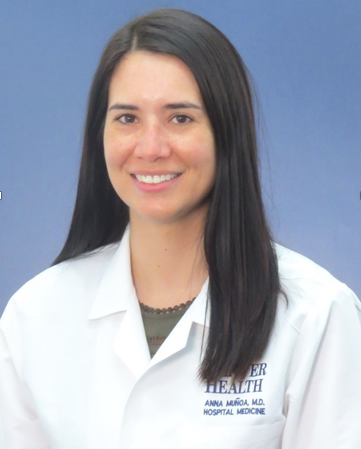
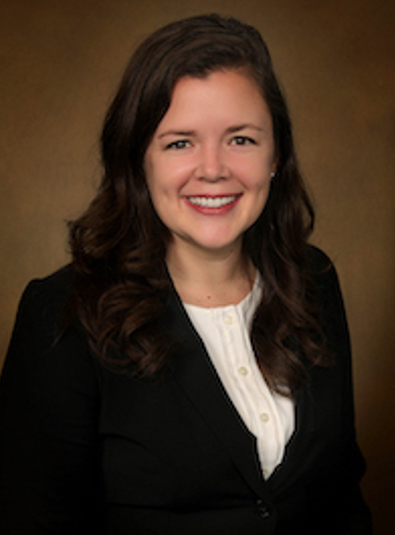
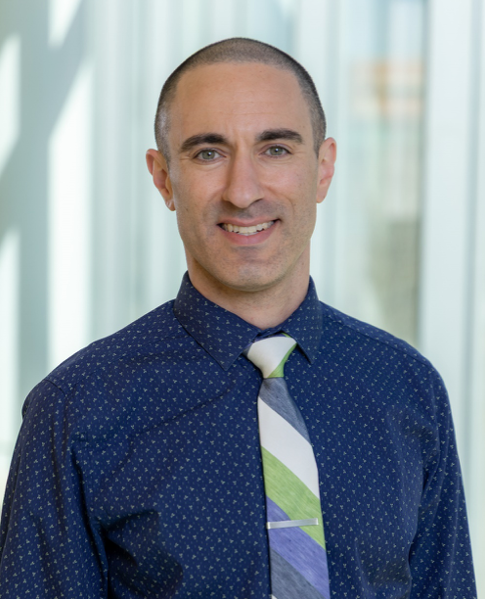
Returning Scholars![]()
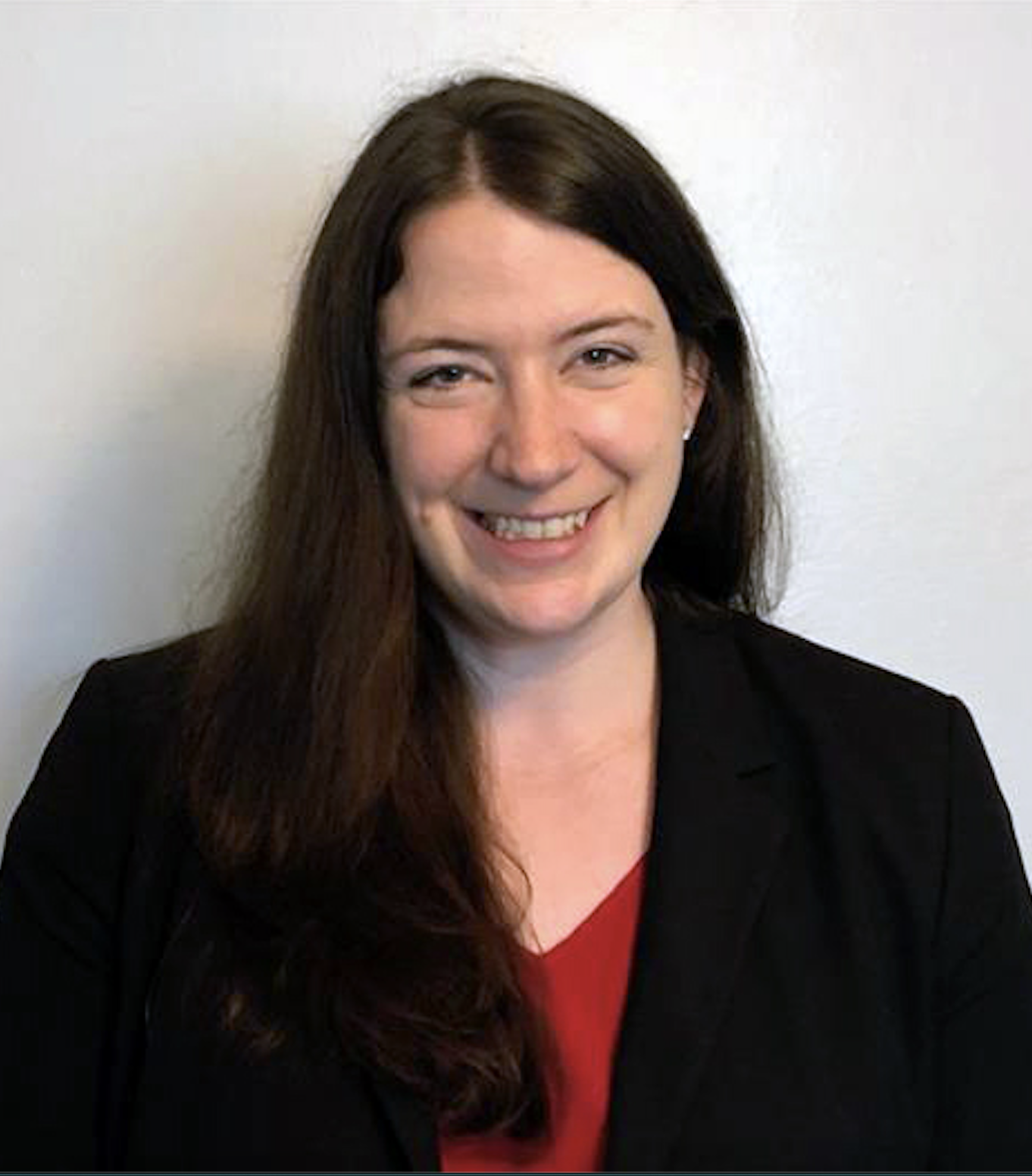
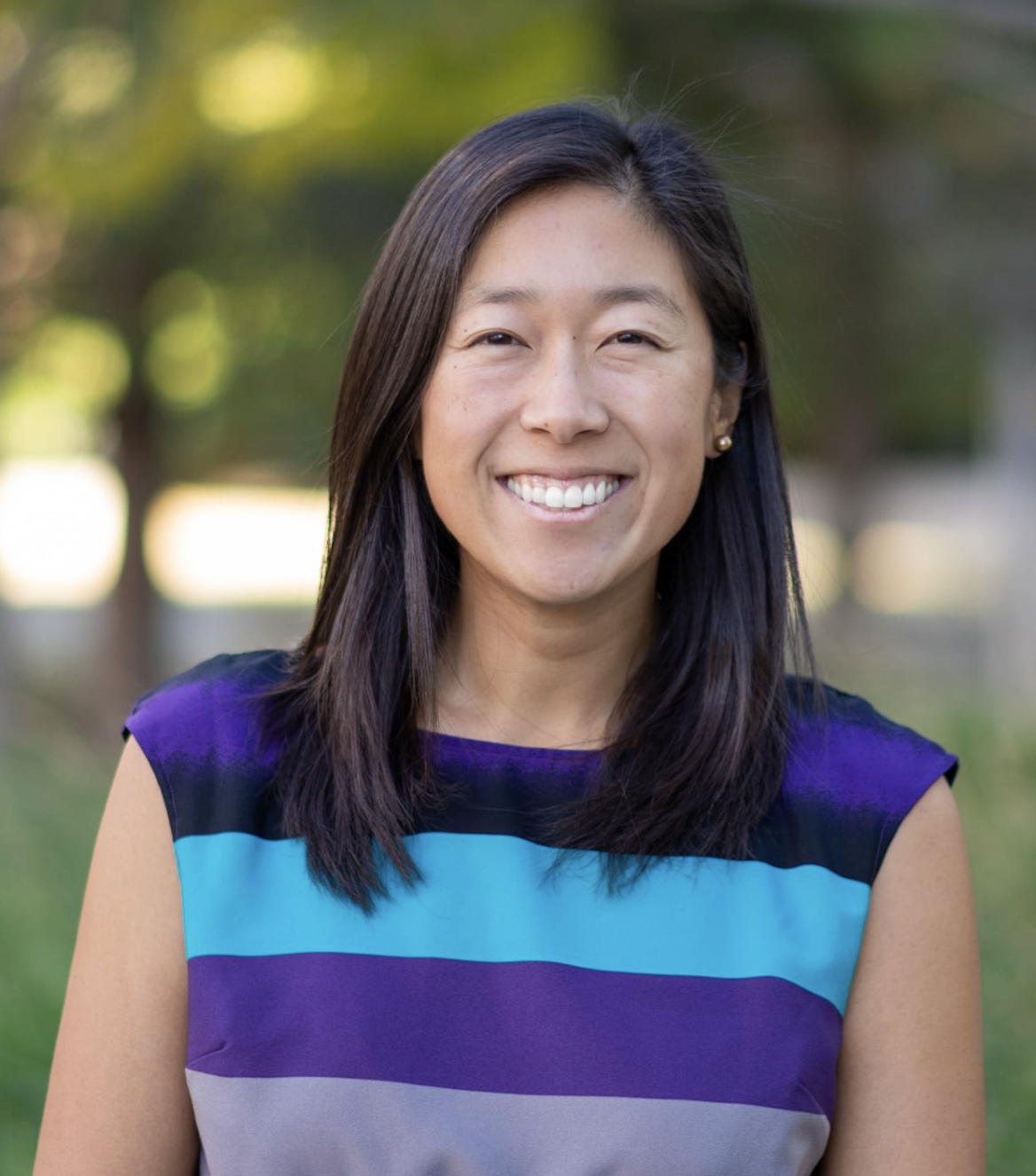
PACE-F
If you're a fellow looking to become part of the PACE program, we invite you to explore our Program for Academic Clinician Educators for Fellows (PACE-F) program.
DOM Program for Academic Clinician Educators for Fellows (PACE-F)